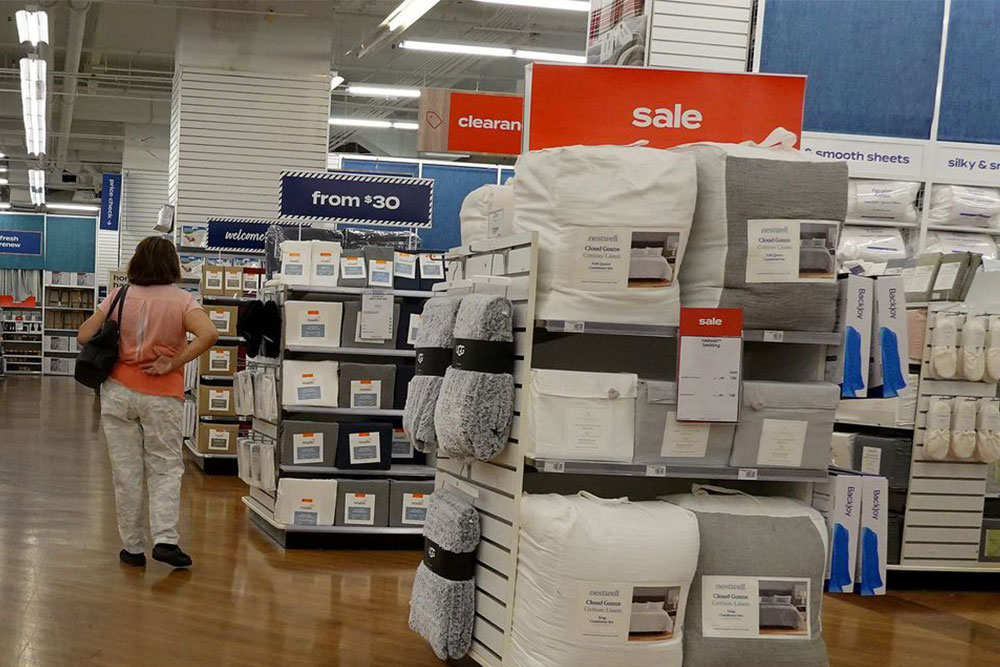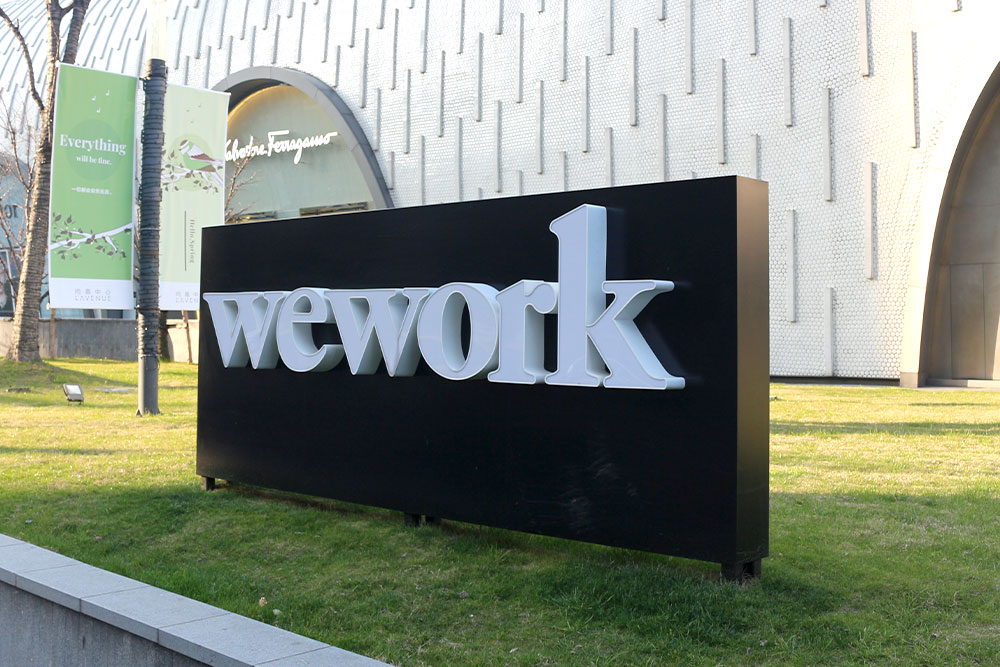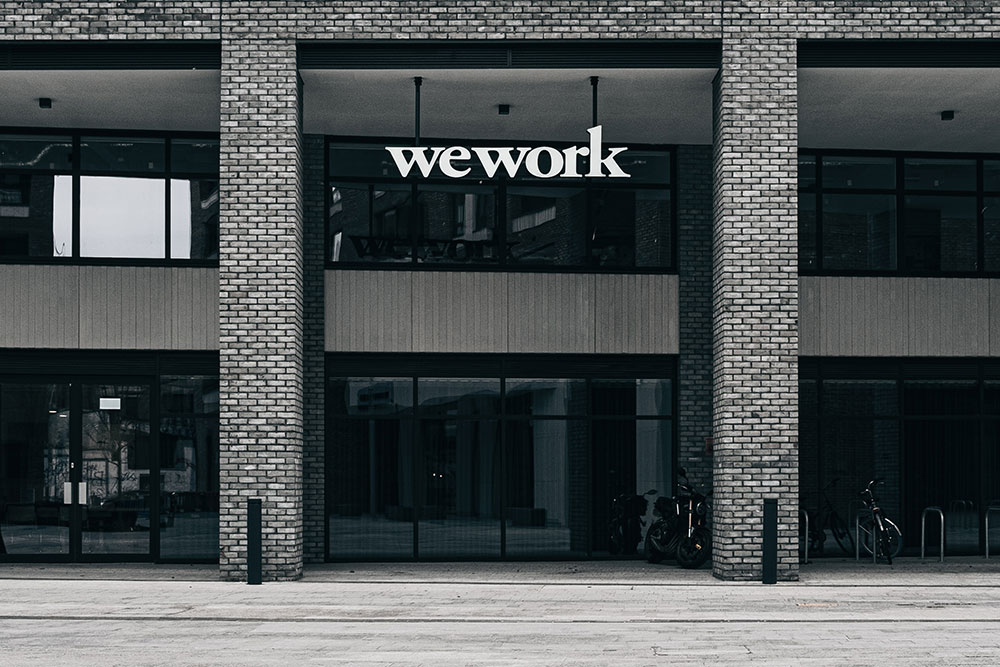Bed Bath & Beyond stock will soon be delisted from the Nasdaq stock market, the company said, as it navigates a bankruptcy filing.
Trading in the company’s common stock would be suspended at the opening of business on May 3, Bed Bath said in a filing with the Securities and Exchange Commission on Tuesday afternoon.
That isn’t altogether surprising. In its bankruptcy announcement, Bed Bath said the shares would likely be delisted. Moreover, venues such as Nasdaq and the New York Stock Exchange have standards companies need to meet for their stocks to be listed, including minimum levels of liquidity, market value, or stock price.
“When a company files for bankruptcy protection, chances are its shares will lose most—if not all—of their value, and that the company will be delisted from its exchange,” explains Finra, a regulatory entity, in a blog post. “That’s bad news for shareholders.”
Bed Bath stock was 20% lower at 16 cents in early trading on Wednesday.
This is the second time this year Bed Bath has received a delisting notice from the stock exchange. In January, Nasdaq warned the company its shares would be delisted after it failed to report quarterly results in a timely manner. The company eventually filed the report and returned to compliance.
This time, however, the decision will stick. Bed Bath said in its filing that it doesn’t intend to appeal.
Shareholders will still own the stock once it is delisted. However, trading those shares will be harder. Some bankrupt companies’ stock continues to trade in over-the-counter markets. They typically have the letter “Q” at the end of their stock symbol to note the bankruptcy, according to Finra.
Bed Bath didn’t immediately respond when Barron’s asked whether the company intends for its shares to trade over the counter.
Owning shares of a bankrupt company can be risky business, cautions Finra, and investors shouldn’t operate under the assumption that the old stock will regain value if the company emerges from bankruptcy. The opposite is often true, according to the agency, with most reorganization plans canceling existing shares at the end of the process.
After a company files for Chapter 11, unsecured creditors—including suppliers and leaseholders—line up in an attempt to get repaid. How much creditors get paid back depends on how much money Bed Bath can raise from the sale of either parts of its business—such as inventory—or the chain itself as a “going concern.”
“Most of the money here is going to end up with the landlords and senior secured lenders,” said Daniel Gielchinsky, partner and commercial litigation lawyer at DGIM Law. “I don’t think there enough money to trickle down to anyone else,” he said, especially not shareholders, who are often at the bottom of the food chain.
“It’s pretty unlikely any equity will be repaid,” he added.








